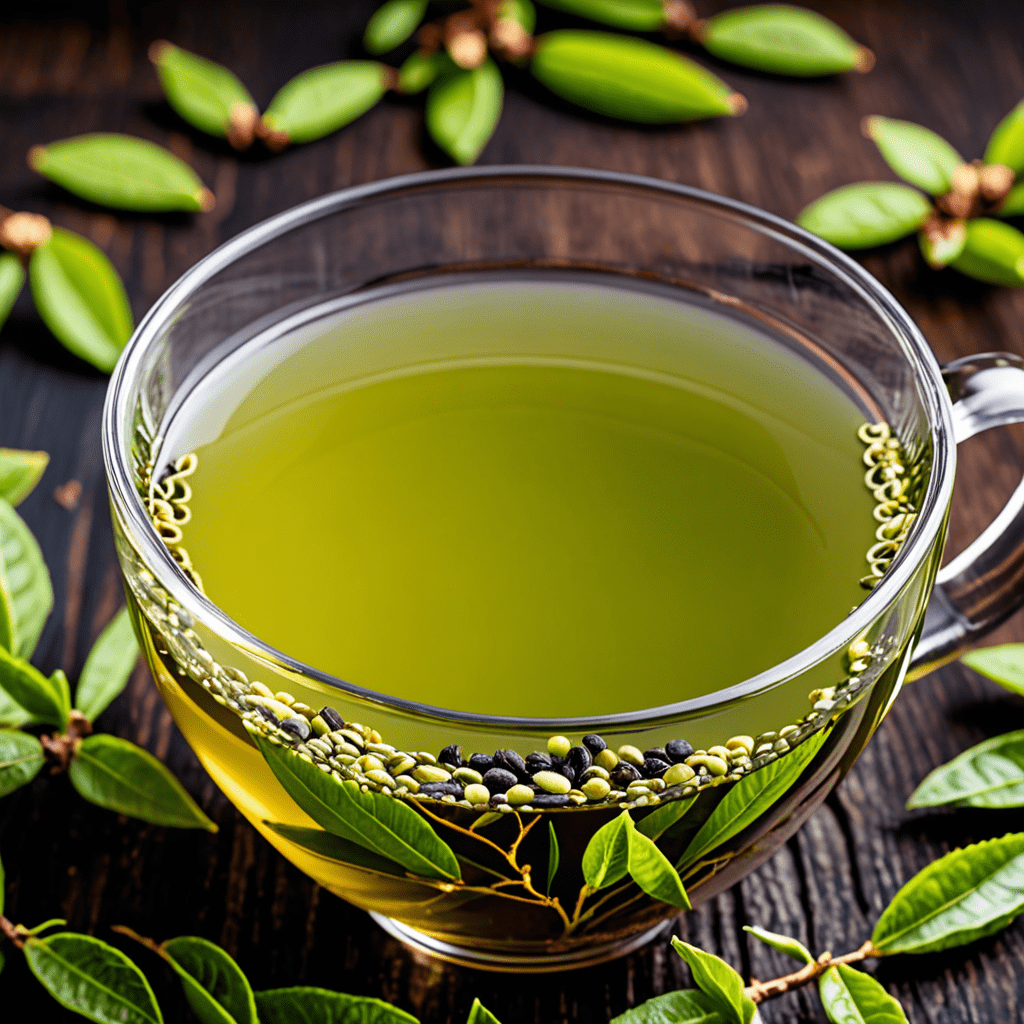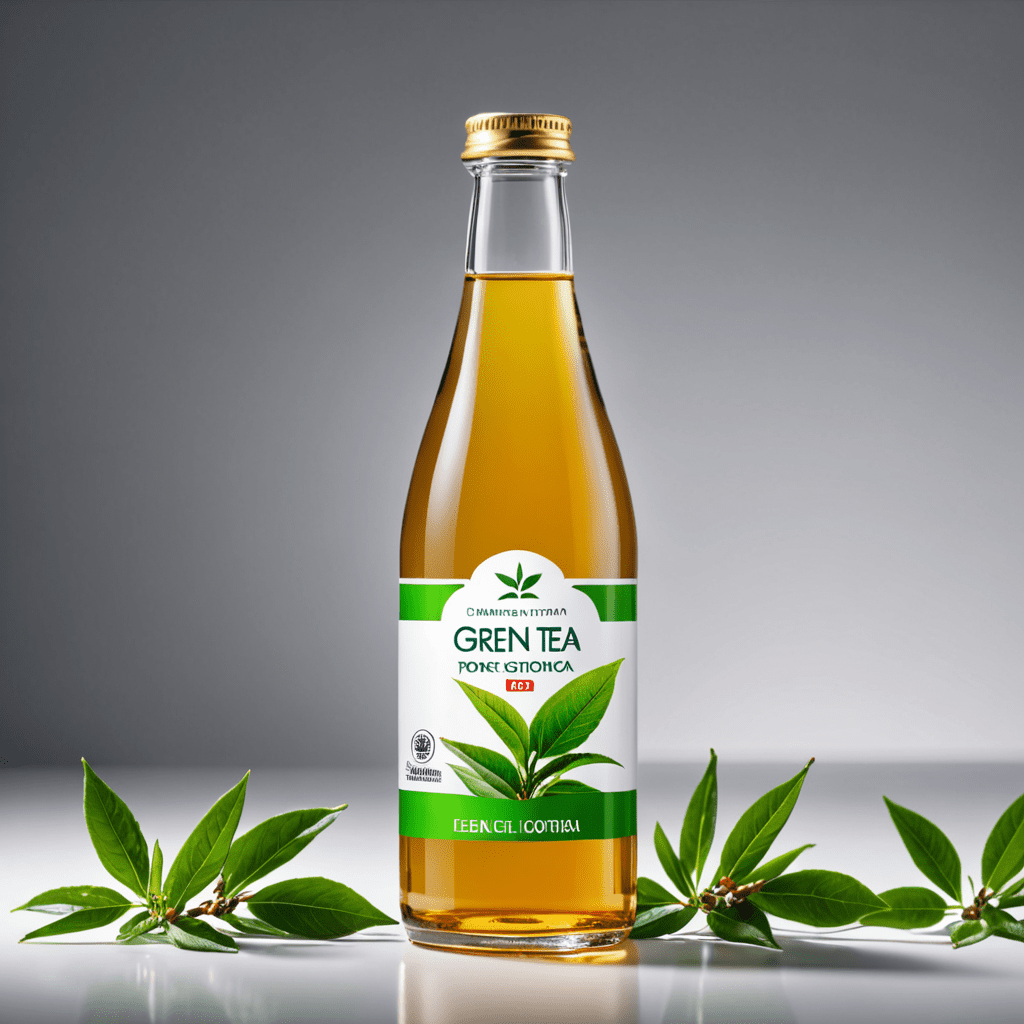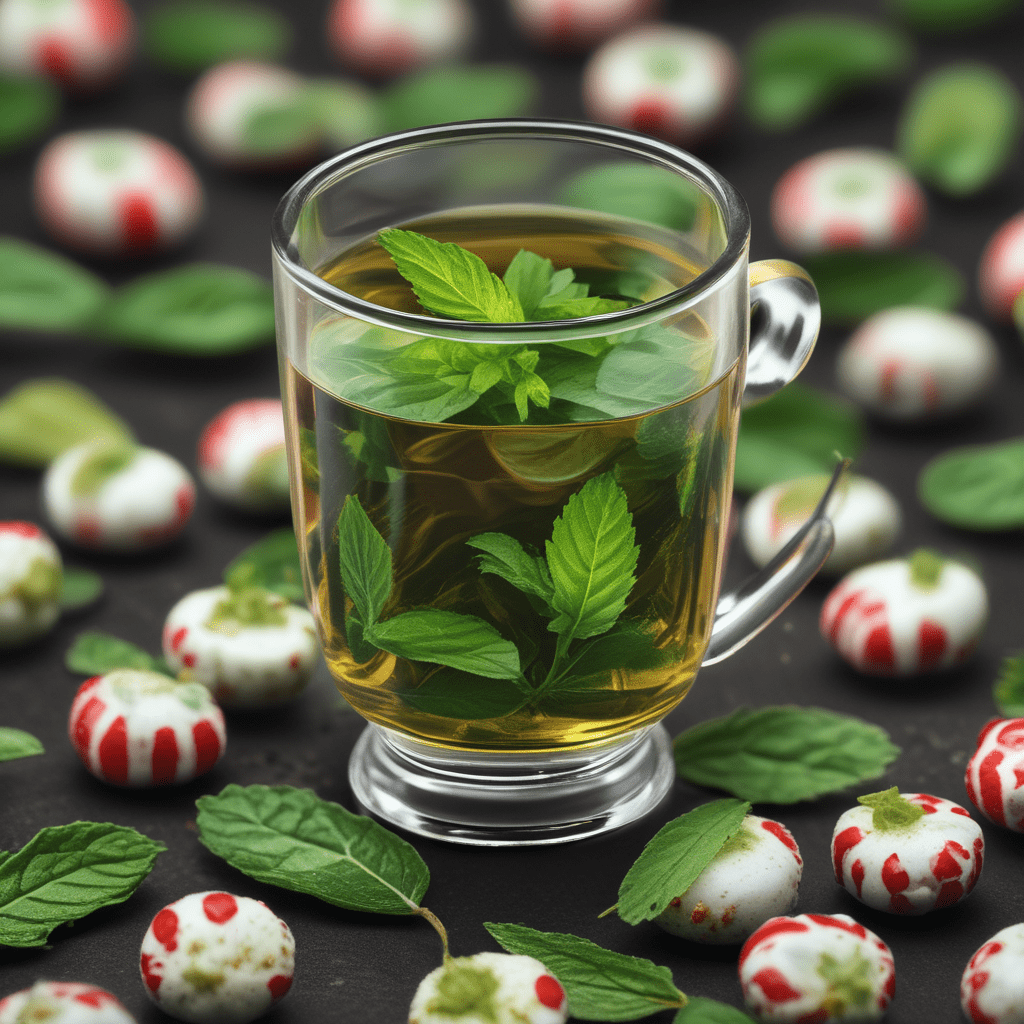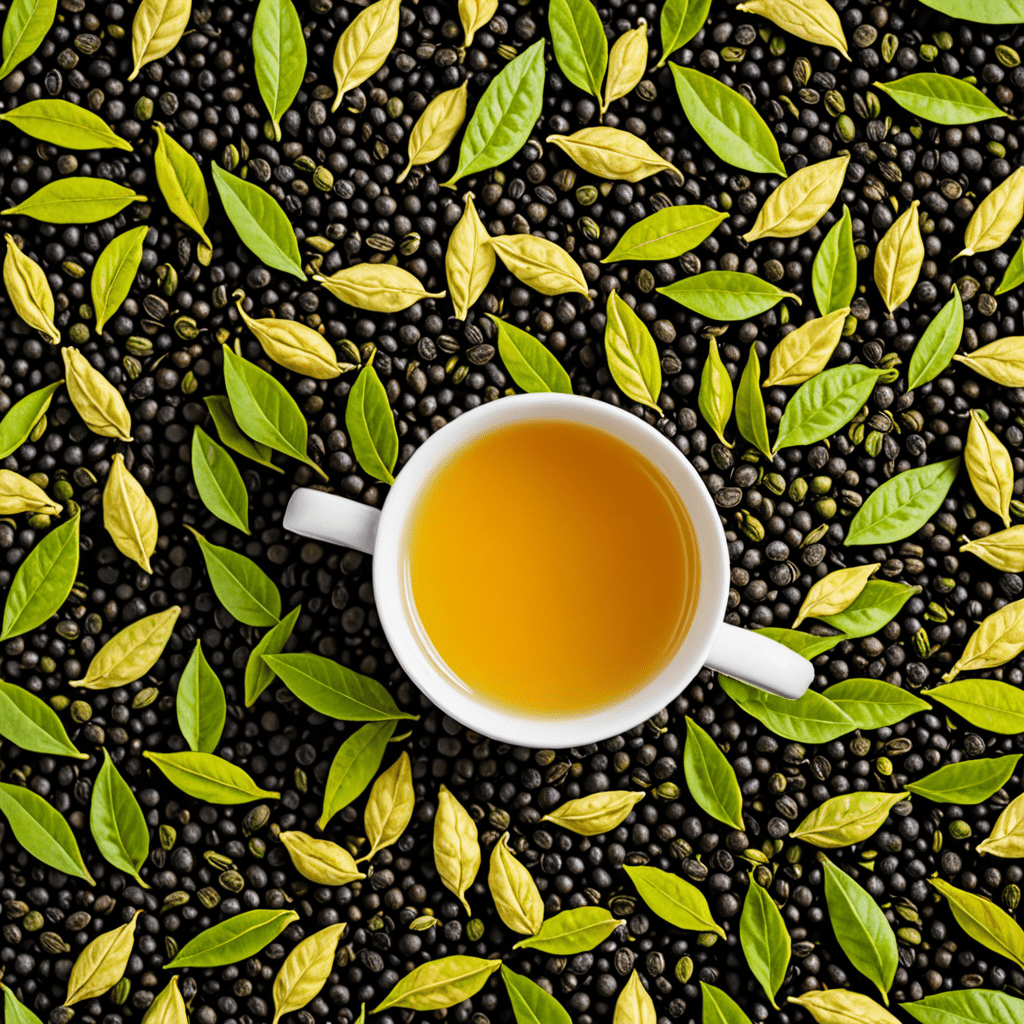Unveiling the caffeine content in decaf green tea: What’s the buzz?
Decaf green tea has gained popularity in recent years as a healthier alternative to regular green tea. Many people turn to decaf options to reduce their caffeine intake while still enjoying the benefits of green tea. But just how much caffeine does decaf green tea contain? In this article, we will delve into the caffeine content of decaf green tea to satisfy your curiosity and help you make an informed choice.
Understanding Decaffeination Process: How is Decaf Green Tea Made?
To understand the caffeine content in decaf green tea, it’s essential to know how it is made. Decaffeination is a process that involves removing most of the caffeine from the tea leaves while retaining the flavor and health benefits.
There are different methods of decaffeination, including the ethyl acetate method, the CO2 method, and the water method. Each method has its advantages and impacts the caffeine content differently. For example, the ethyl acetate method uses a solvent to extract caffeine, while the CO2 method utilizes carbon dioxide to extract it. The water method, on the other hand, uses hot water to remove the caffeine.
Is Decaf Green Tea Completely Caffeine-Free?
Contrary to popular belief, decaf green tea is not entirely caffeine-free. Even though the decaffeination process significantly reduces the caffeine content, traces of caffeine may still remain in the tea leaves. The exact amount of residual caffeine can vary depending on factors such as the type of tea, the decaffeination method, and the brewing time.
How Much Caffeine Does Decaf Green Tea Typically Contain?
The caffeine content in decaf green tea can vary, but generally, it contains significantly less caffeine compared to regular green tea. On average, an 8-ounce cup of decaf green tea contains around 2-4 milligrams of caffeine. In comparison, a cup of regular green tea may contain 25-50 milligrams of caffeine.
It’s important to note that these figures are approximate and can vary based on various factors. However, decaf green tea still remains a suitable choice for those looking to reduce their caffeine intake while enjoying the taste and health benefits of green tea.
Factors Influencing Caffeine Content in Decaf Green Tea
Several factors can influence the caffeine content in decaf green tea, making it difficult to pinpoint an exact amount. These factors include:
- Tea type: Different tea varieties have different caffeine levels naturally present in the leaves, which affects the residual caffeine in decaf tea.
- Decaffeination method: The decaffeination process itself can impact the caffeine content. Some methods are more effective at removing caffeine than others.
- Brewing time and temperature: Steeping decaf green tea for a longer time and at higher temperatures can result in more caffeine being released into the cup.
- Serving size: The amount of decaf green tea leaves used per cup can also influence the caffeine content. Using more tea leaves generally results in a higher caffeine concentration.
FAQ: Frequently Asked Questions About Caffeine in Decaf Green Tea
Q: Can decaf green tea cause jitters or caffeine-related side effects?
A: The minimal amount of caffeine in decaf green tea is unlikely to cause jitters or typical caffeine-related side effects. However, individual sensitivities vary, so it’s always best to listen to your body and adjust your consumption accordingly.
Q: Does decaf green tea provide the same health benefits as regular green tea?
A: Decaf green tea retains many of the health benefits associated with regular green tea, such as antioxidants and potential improvements to heart health and brain function. So, even with reduced caffeine, decaf green tea can support a healthy lifestyle.
Q: Is decaf green tea safe for children and pregnant women?
A: Decaf green tea is generally considered safe for children and pregnant women, as it contains minimal caffeine. However, it is always advisable to consult with a healthcare professional to ensure personalized recommendations align with individual circumstances.
Q: How does the caffeine content of decaf green tea compare to decaf black tea?
A: Decaf green tea generally contains less caffeine than decaf black tea. While both varieties undergo the decaffeination process, the residual caffeine content may vary due to factors such as tea type and decaffeination methods.
Q: Can I drink decaf green tea before sleep?
A: The low caffeine content in decaf green tea makes it a suitable choice for consumption before sleep for most individuals. However, it’s always recommended to be aware of personal caffeine sensitivities and adjust accordingly.
Q: Can I drink decaf green tea if I’m caffeine-sensitive or trying to eliminate caffeine from my diet?
A: Decaf green tea is a great option for those trying to minimize caffeine intake due to sensitivity or elimination from their diet. While it does contain minimal caffeine, the quantity is significantly less compared to regular green tea.
In conclusion, decaf green tea contains only traces of caffeine, making it a favorable choice for those seeking to reduce caffeine intake. Understanding the decaffeination process and various factors influencing caffeine content can help you make informed decisions about incorporating decaf green tea into your daily routine. So go ahead, savor the soothing flavors and reap the potential health benefits of decaf green tea without the caffeine buzz.



